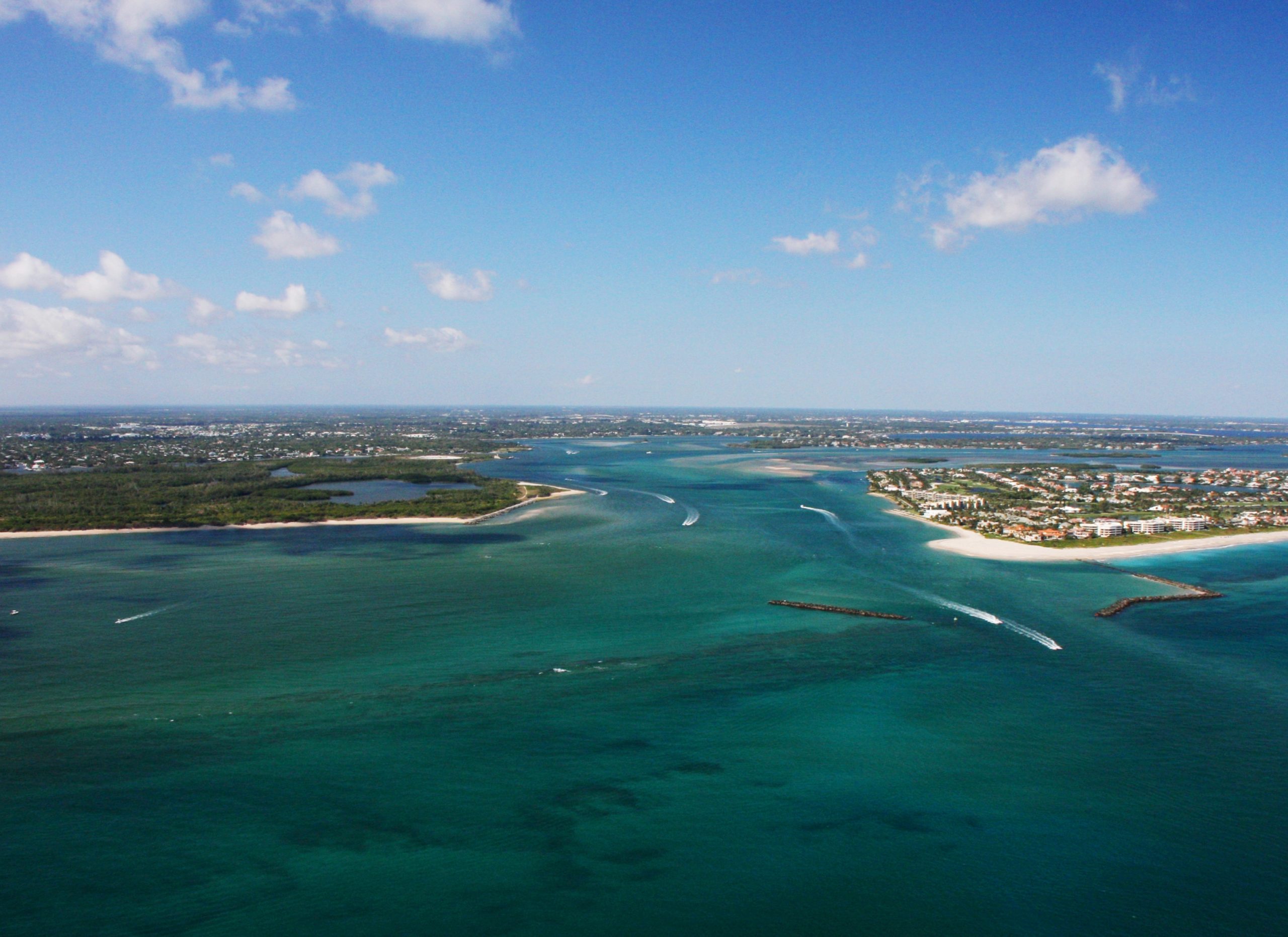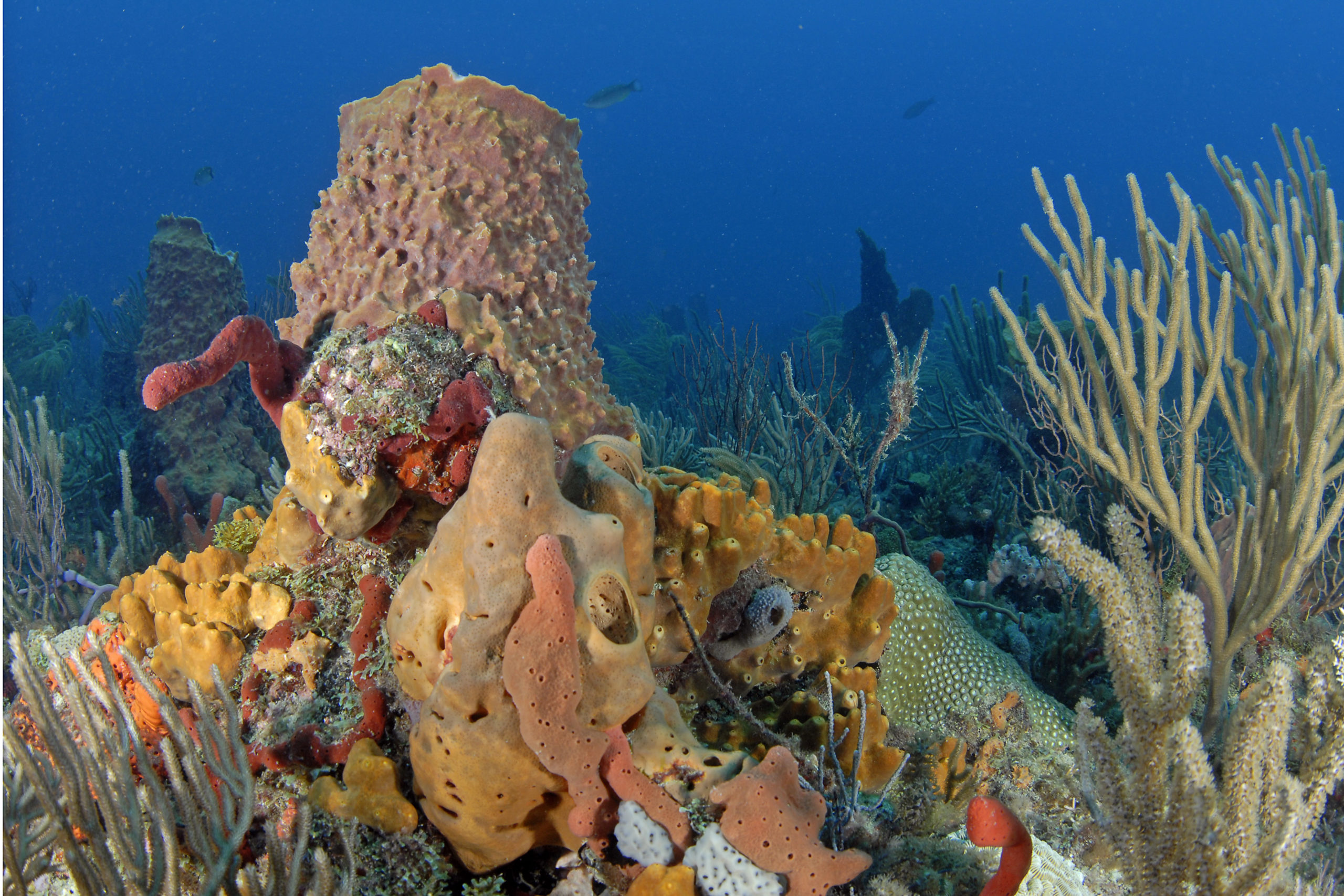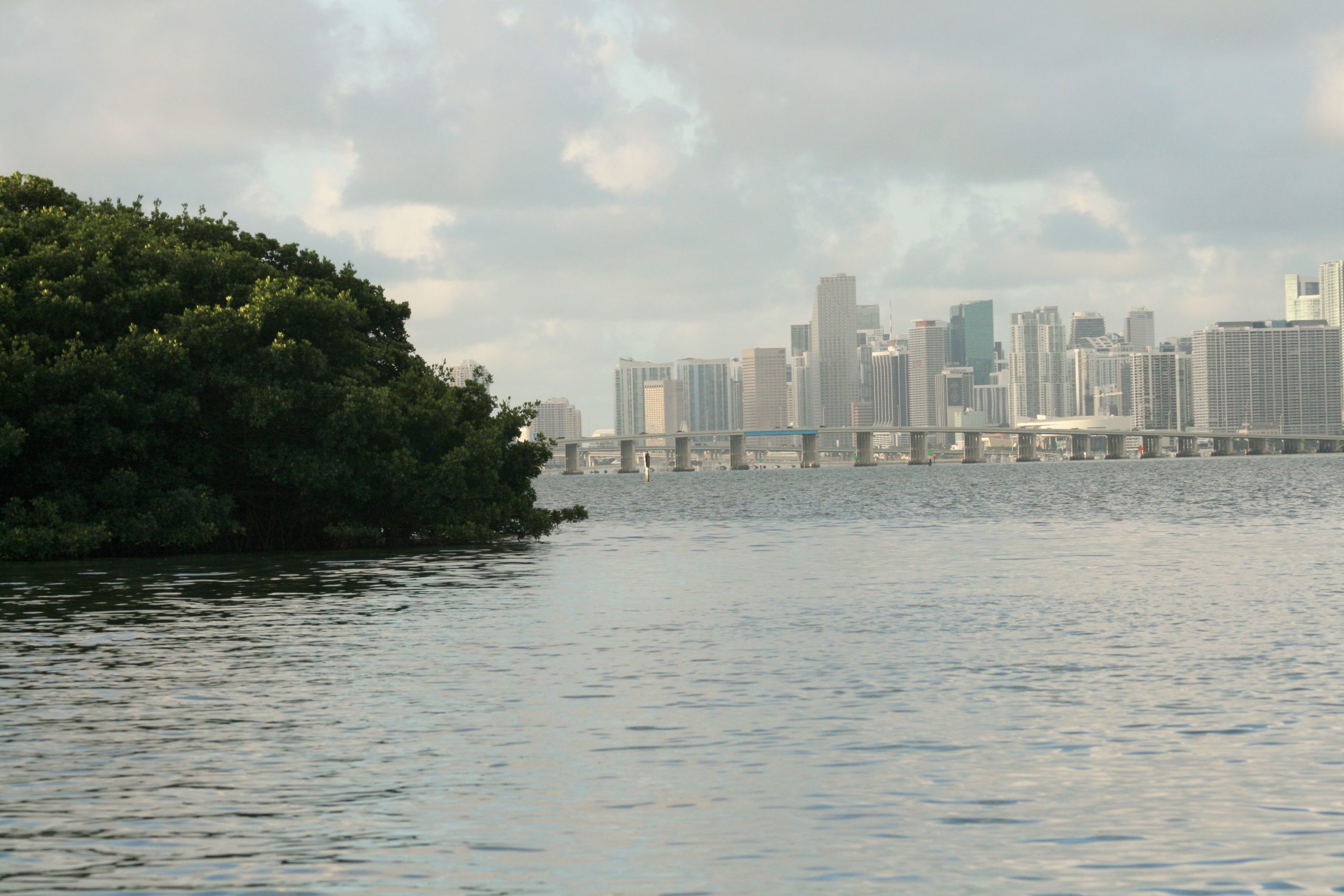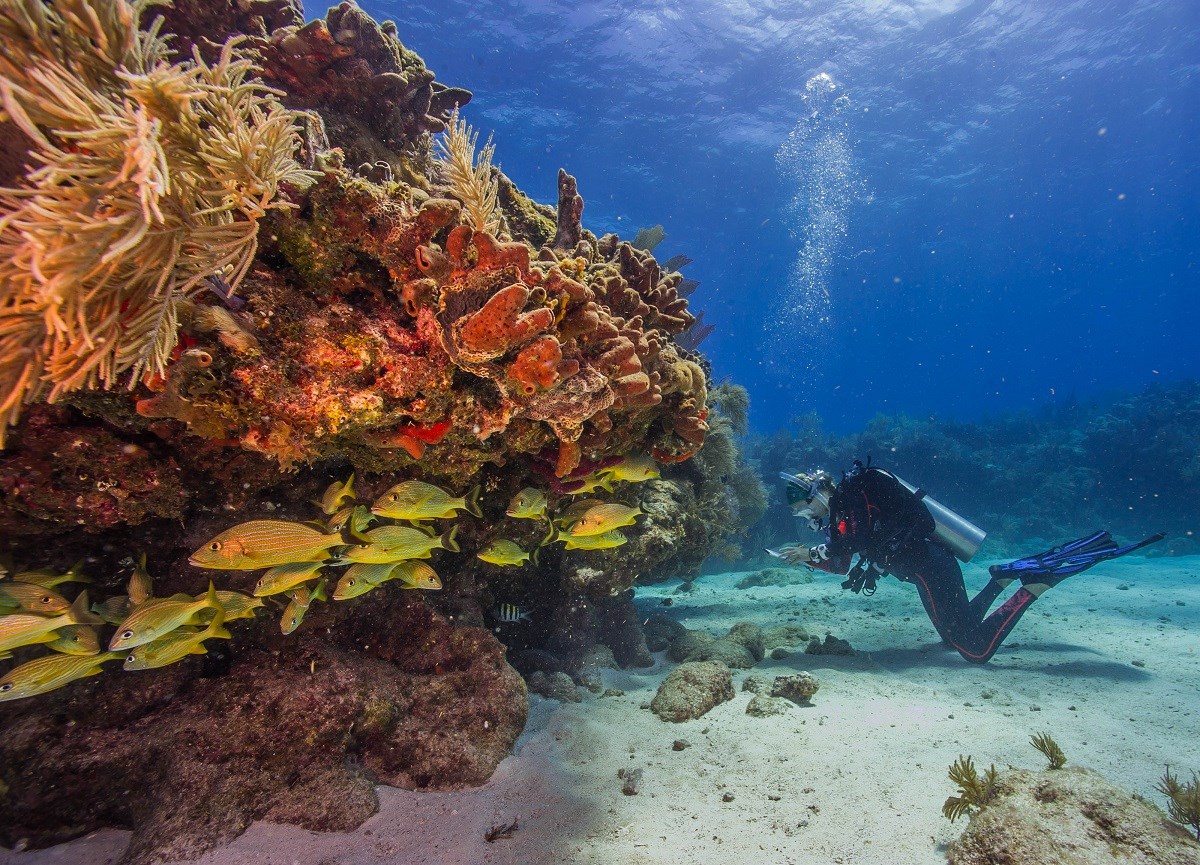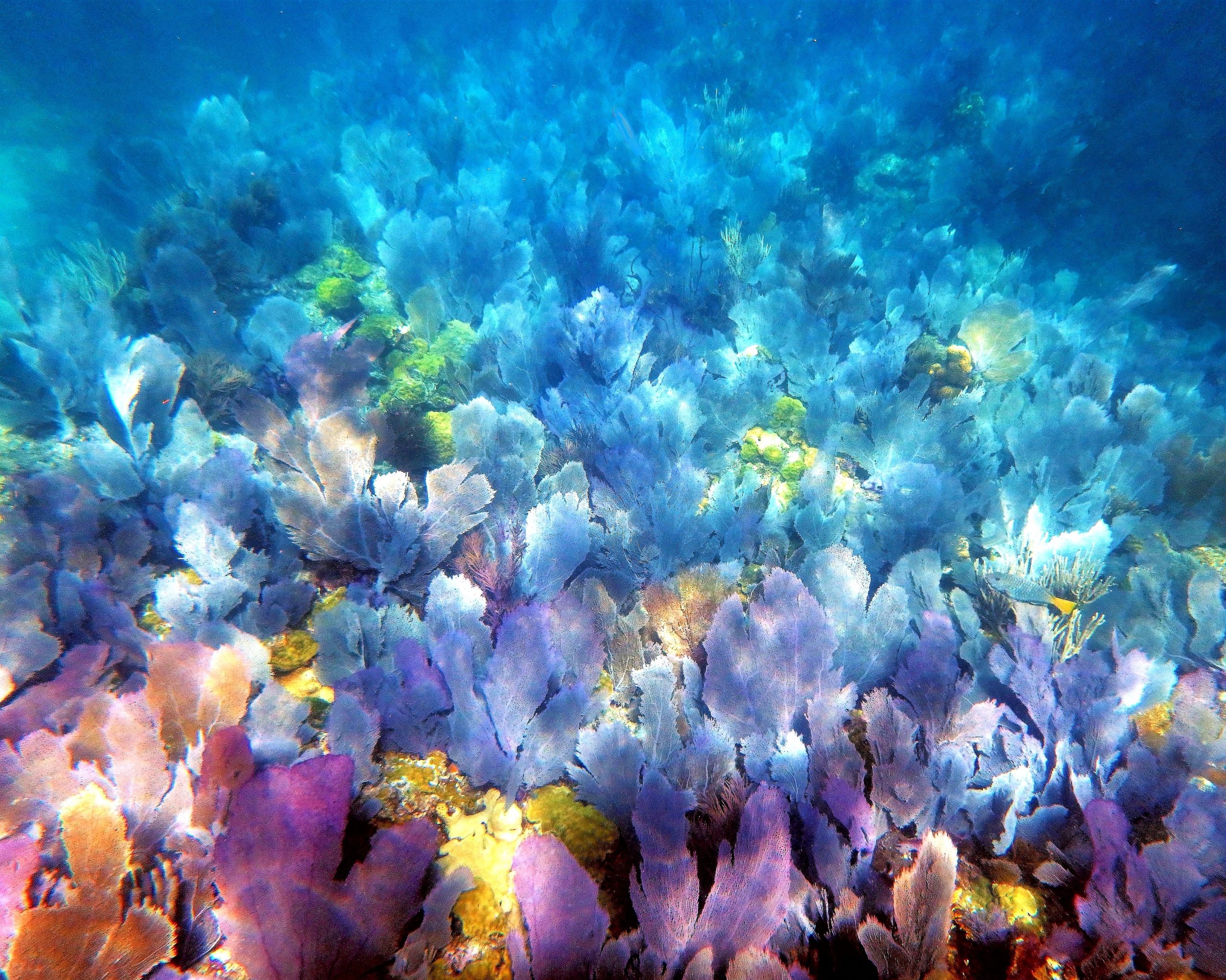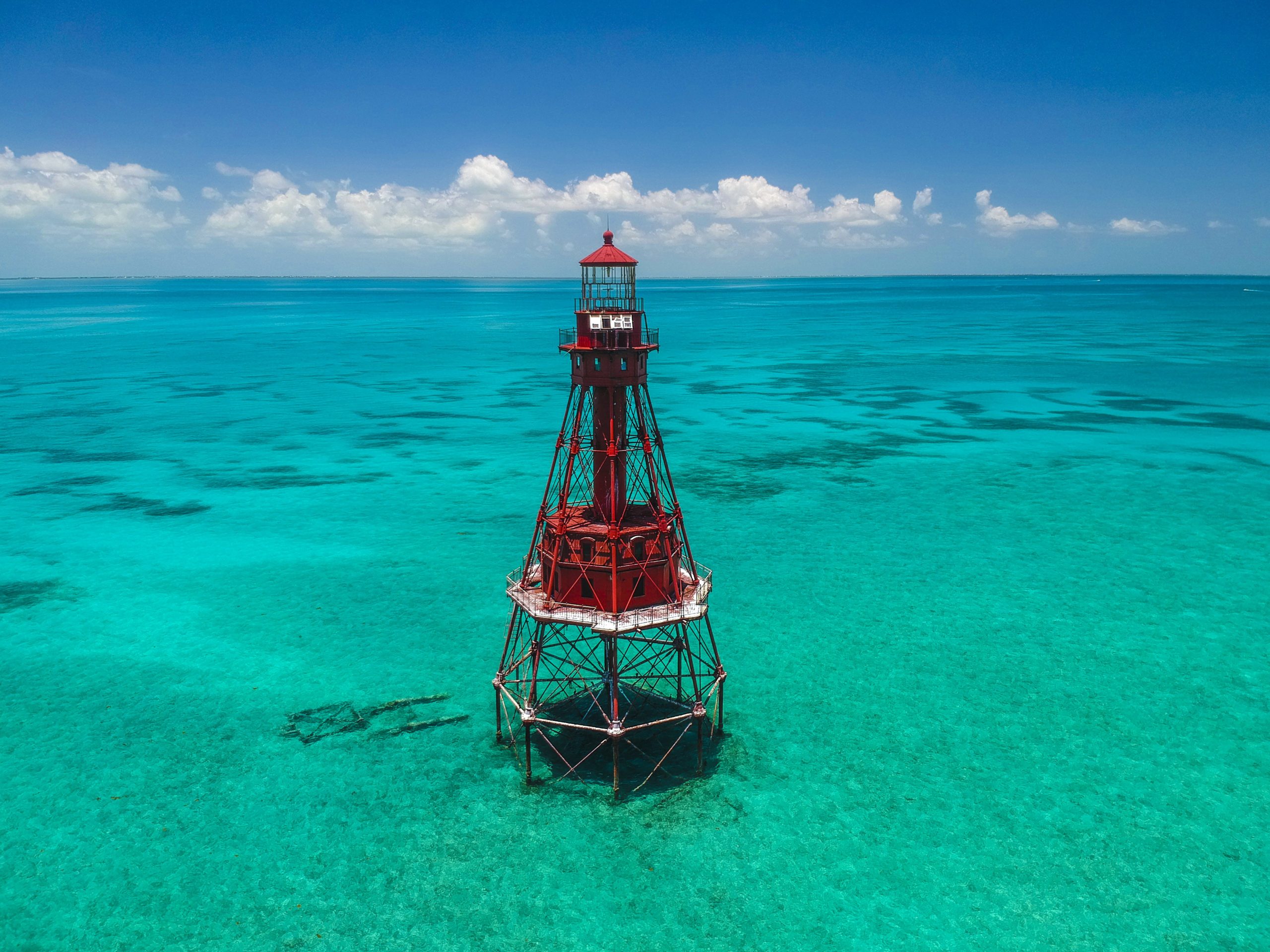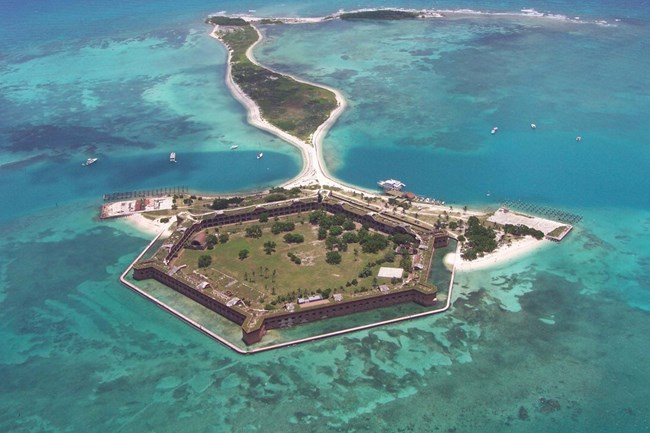ICAST

The Florida Department of Environmental Protection and its partners invite you to join in the protection of one of our state’s great natural wonders. Florida’s Coral Reef is the only living coral barrier reef in the continental United States and creates specialized habitats that provide shelter, food and breeding sites for numerous plants and animals, including those important to Florida’s fishing industry. Florida’s Coral Reef provides habitat for species that are valuable to commercial and recreational fisheries, which contribute to 173,000 jobs and $27.8 billion in annual sales attributed to recreational fishing across the state.

Cutting-edge research with our partners improves understanding of the causes of disease, which is critical in determining what management interventions we can take to remediate impacts and prevent future outbreaks. The Florida Department of Environmental Protection is dedicated to coral disease response efforts by leading the coordination of a multi-faceted collaborative response effort to monitor and model the disease spread, document the prevalence and severity of outbreaks, research causative agents and environmental factors, and develop novel coral disease treatments. As a first line of defense in Florida, our coral reefs also provide essential ecosystem services and are the first line of defense against extreme weather, shoreline erosion and coastal flooding. Together, we can continue protecting these crucial ecosystems.

Join the Coral Crew
Your livelihood depends on a vibrant, healthy reef. Do your part to help protect Florida’s Coral Reef and sign up for Florida’s Coral Crew today! The first 150 to sign up will be eligible to receive a special ICAST-exclusive Coral Captain Kit, which includes mineral-based, reef-friendly sunscreens, Florida’s Coral Reef decals, printed educational materials to share with your patrons and more.
(Spanish)
5 Ways You Can Help
- Never drop an anchor on the reef. This is illegal under Florida’s Coral Reef Protection Act (CRPA), and could result in heavy fines. Instead, find a nice sandy bottom, drop your anchor and float out back across the reef.
- If you cannot find sand upon which to anchor, you may also make use of free public mooring buoys all over the southeast region of Florida. View buoy location information.
- Boats can be disease vectors and transplant potentially harmful exotic species. Wash your boat as thoroughly as possible after use, including the bilge, before moving from one area to the next.
- Fuel up and add oil in calm areas to avoid spills. Avoid overflowing your fuel tanks and oil receptacles.
- Use and offer reef-friendly, mineral-based sunscreen to patrons, and to provide guests with educational materials about reef-safe diving and boating practices.
Coral City Camera
See the Coral City Camera live from the Biscayne Bay Aquatic Preserve brought to you by Coral Morphologic
Watch ICAST Virtual Panel: Florida’s Coral Reef | Leading the Way in Global Coral Conservation.
